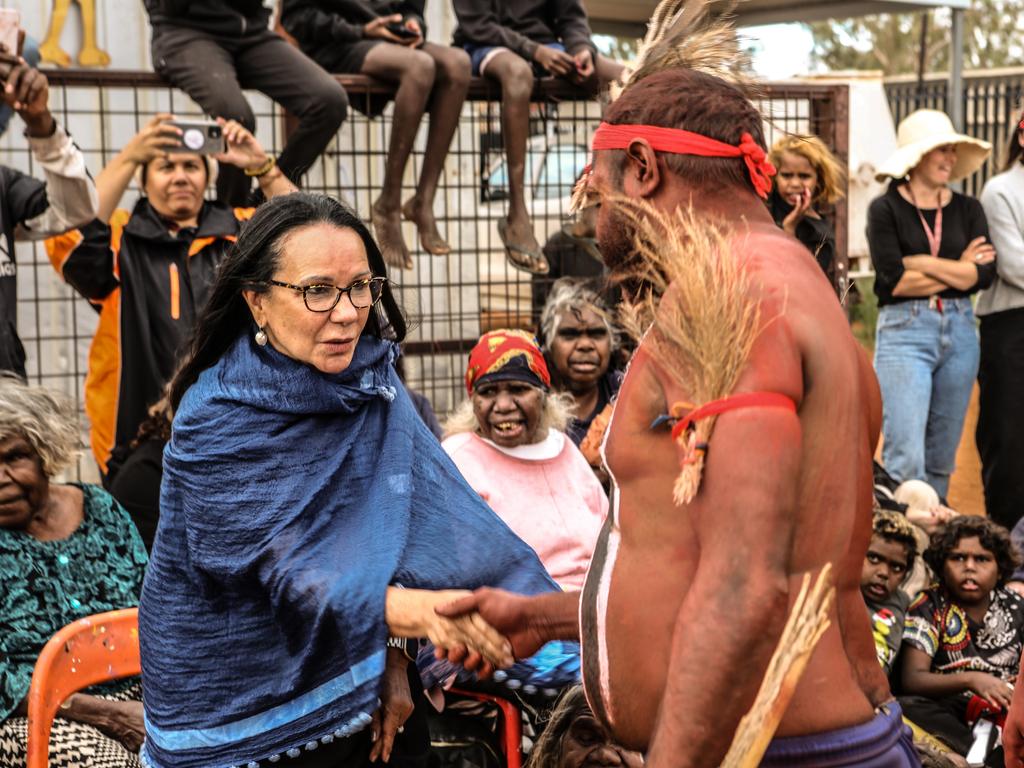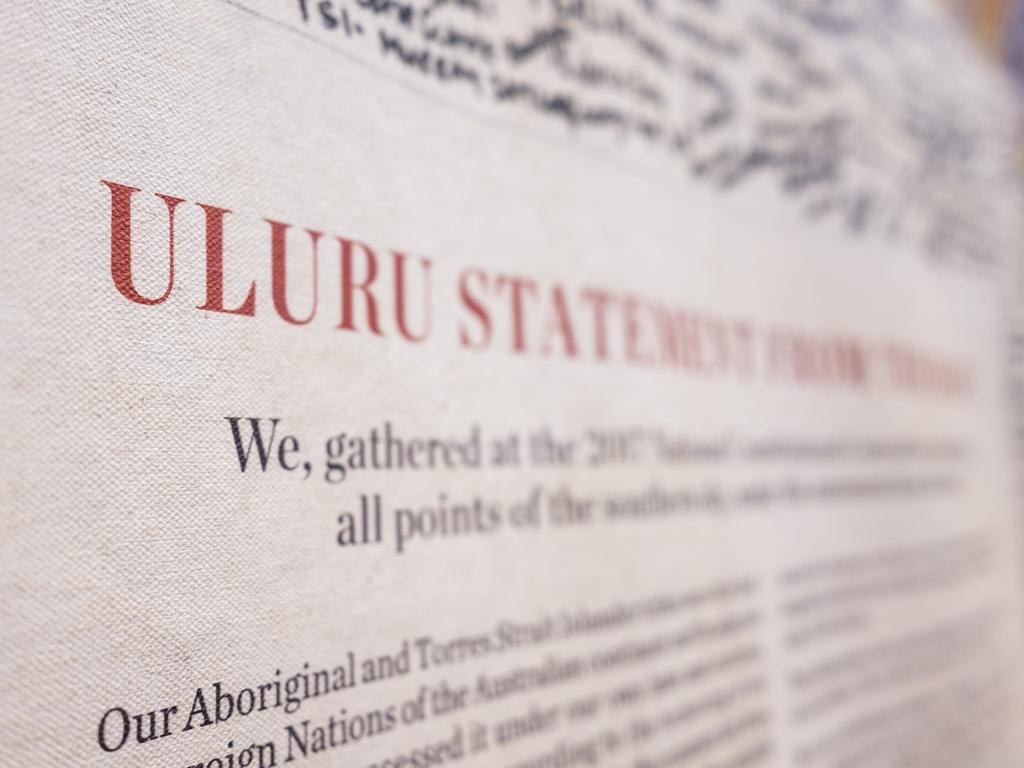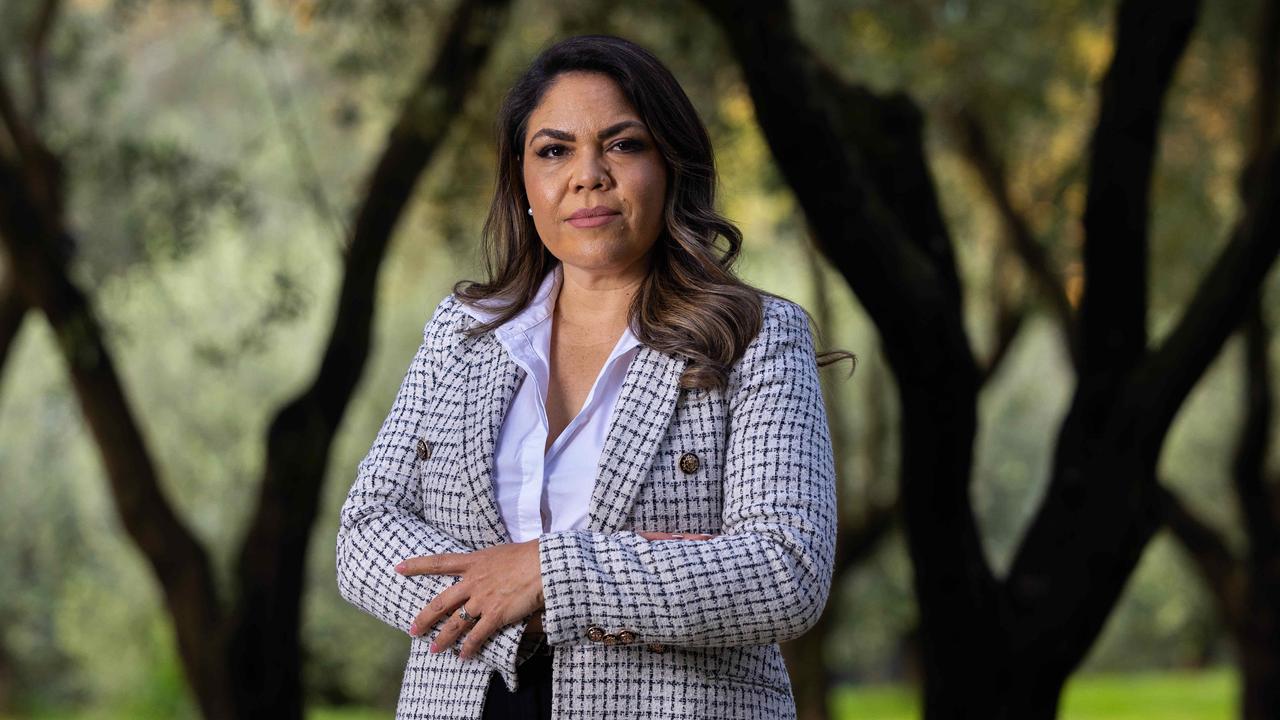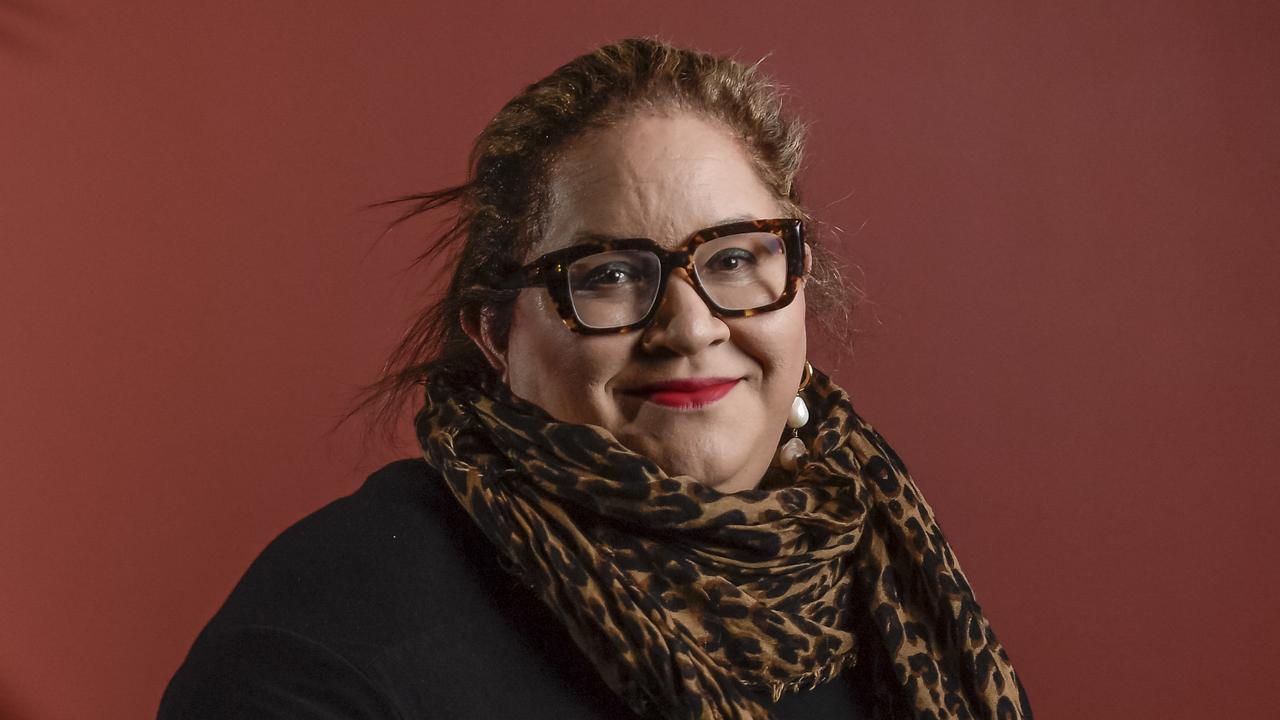Indigenous voice model to be decided after referendum
The Albanese government will not introduce legislation on a proposed model for the Indigenous voice until after Australians go to a referendum in the second half of 2023.
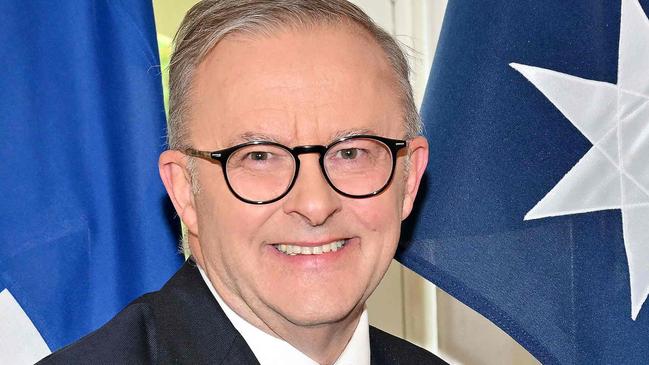
The Albanese government will not introduce legislation on a proposed model for the Indigenous voice until after Australians go to a referendum in the second half of 2023.
A communique of the latest meeting of Labor’s voice working group on Monday is the clearest indication yet that the government does not intend to legislate an Aboriginal and Torres Strait Islander advisory body until after Australians decide whether to protect its existence with a constitutional amendment.
The Australian has been told that Labor considers it would be “audacious” to presume the result of the referendum by passing laws on the structure of an Indigenous Voice to Parliament.
If the referendum succeeds, it is possible the detail of the voice model will not be settled by parliament before the next election. This is in part because Labor intends to further consult Australians on the final model.
“The working group considered the pathway to a voice, both in terms of the process that would be undertaken after the referendum to finalise and legislate a voice model, and how to take forward the previously agreed design principles for a voice,” the communique published late Monday says.
The timing of legislation on the design and other elements of the voice will be decided by a sub-committee of cabinet – the Constitutional Recognition Committee.
The 21-member voice working group includes former Indigenous Australians minister Ken Wyatt, Gumatj clan leader Galarrwuy Yunupingu and Indigenous leaders who have worked towards a voice since 2017 when 250 delegates called for it in the Uluru Statement from the Heart.
The Albanese government has appointed three groups of mostly Indigenous Australians to help prepare for a voice referendum. A second group has been asked to give advice about building community understanding, awareness and support for the referendum.
The third group of eight lawyers on Monday provided its first expert advice on the wording of the draft constitutional amendment for the voice proposed by Anthony Albanese in his speech at the Garma festival in July.
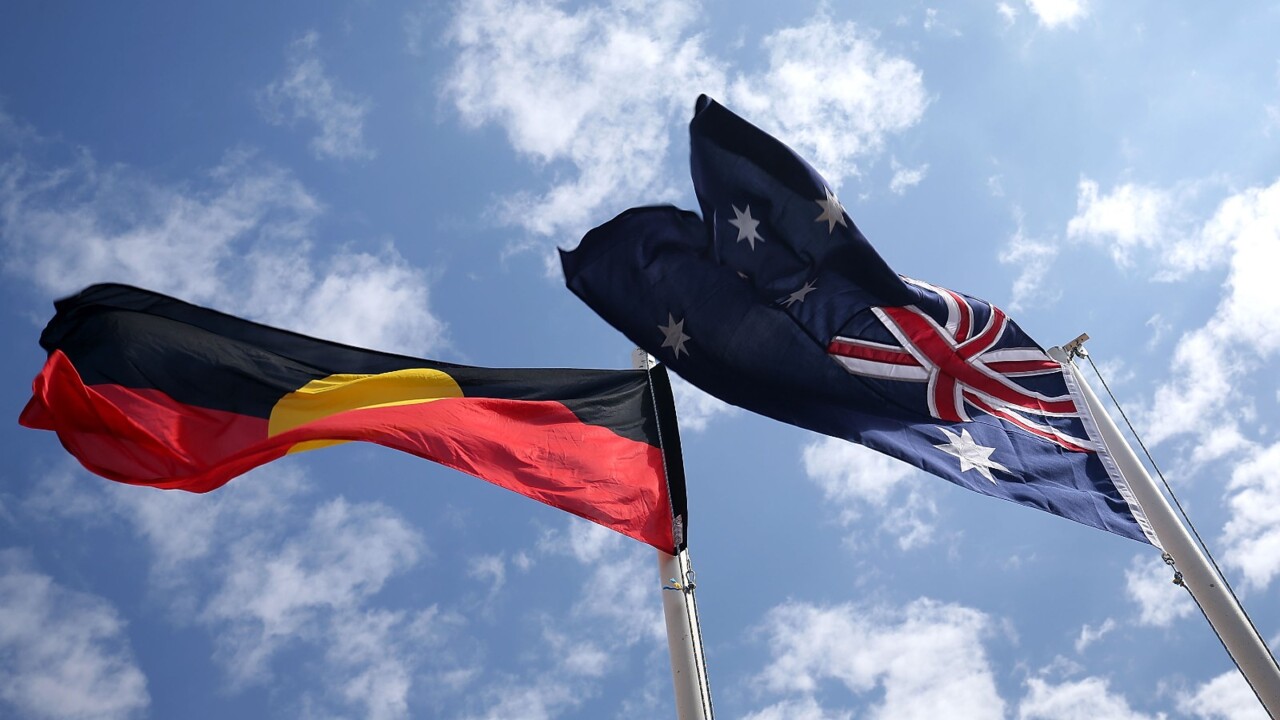
Mr Albanese’s proposed amendment is in three parts. It begins with the words: “There shall be a body, called the Aboriginal and Torres Strait Islander Voice.”
Under his proposal, the second part of the amendment would say: “The Aboriginal and Torres Strait Islander Voice may make representations to Parliament and the Executive government on matters relating to Aboriginal and Torres Strait Islander Peoples.”
The final part of the draft amendment says: “The Parliament shall, subject to this Constitution, have power to make laws with respect to the composition, functions, powers and procedures of the Aboriginal and Torres Strait Islander Voice.”
That draft wording is sound in providing a strong basis on which to conduct further consultation, according to advice on Monday from constitutional experts Greg Craven, Megan Davis, Cheryl Saunders, Anne Twomey, George Williams and Asmi Wood, former High Court justice Kenneth Hayne and Noel Pearson.
However, the group suggested there might be merit in the draft provision explicitly stating that parliament had the power to confer additional functions on the voice.
After examining Mr Albanese’s proposed amendment and listening to presentations from experts, the group found the voice would have no power of veto.
“The draft provision does not in any way provide the Voice with a veto power over the functions or powers of the Parliament or the Executive. The function of ‘making representations’ appropriately reflects its advisory role,” the constitutional expert group said.
The expert group also advised on Monday that the voice did not give special rights.
“The Voice does not confer ‘rights, much less ‘special rights’, on Aboriginal and Torres Strait Islander peoples. Nor would the Voice change or take away any right, power or privilege of anyone who is not Indigenous.”
The expert group found that under the draft amendment, the voice would be empowered to make representations to the parliament and the executive government about matters, including existing or proposed laws, policies or decisions that have a connection to Aboriginal and Torres Strait Islander peoples.



